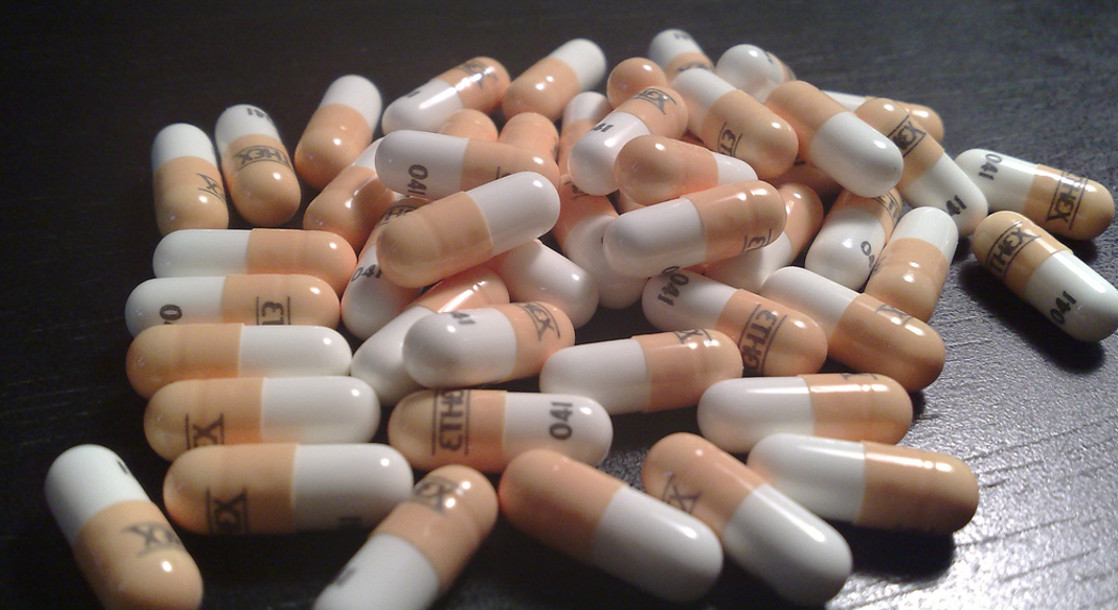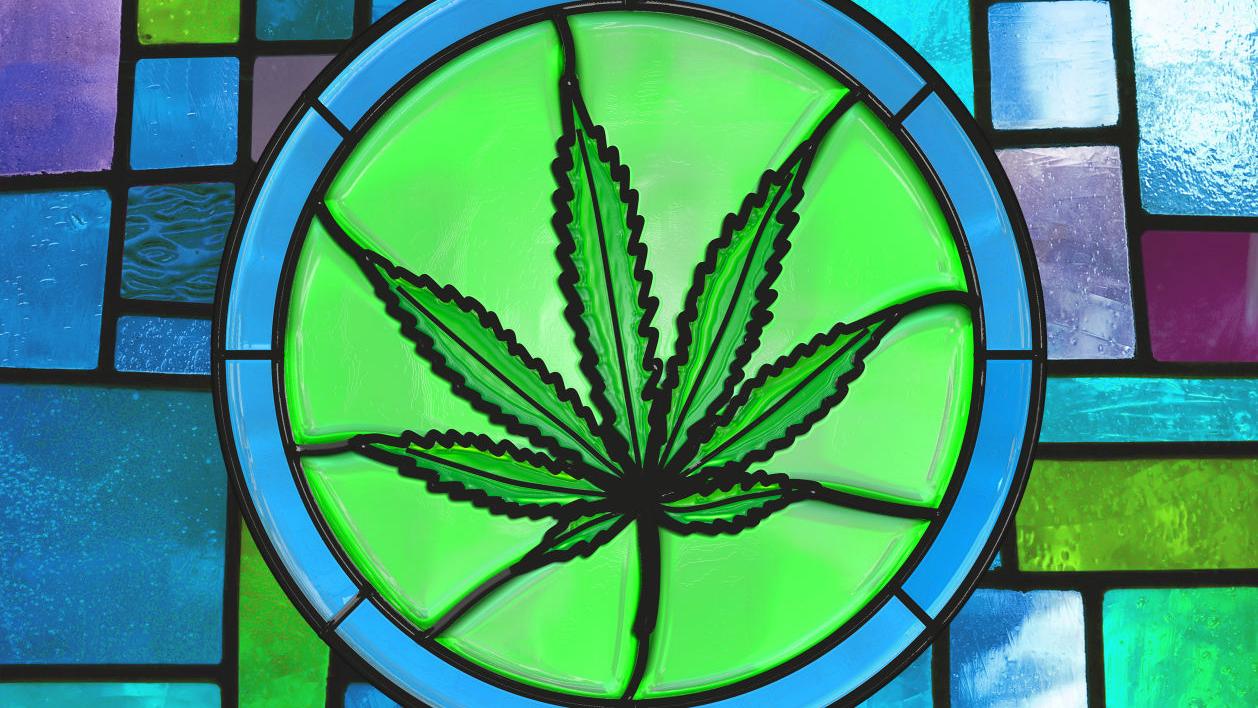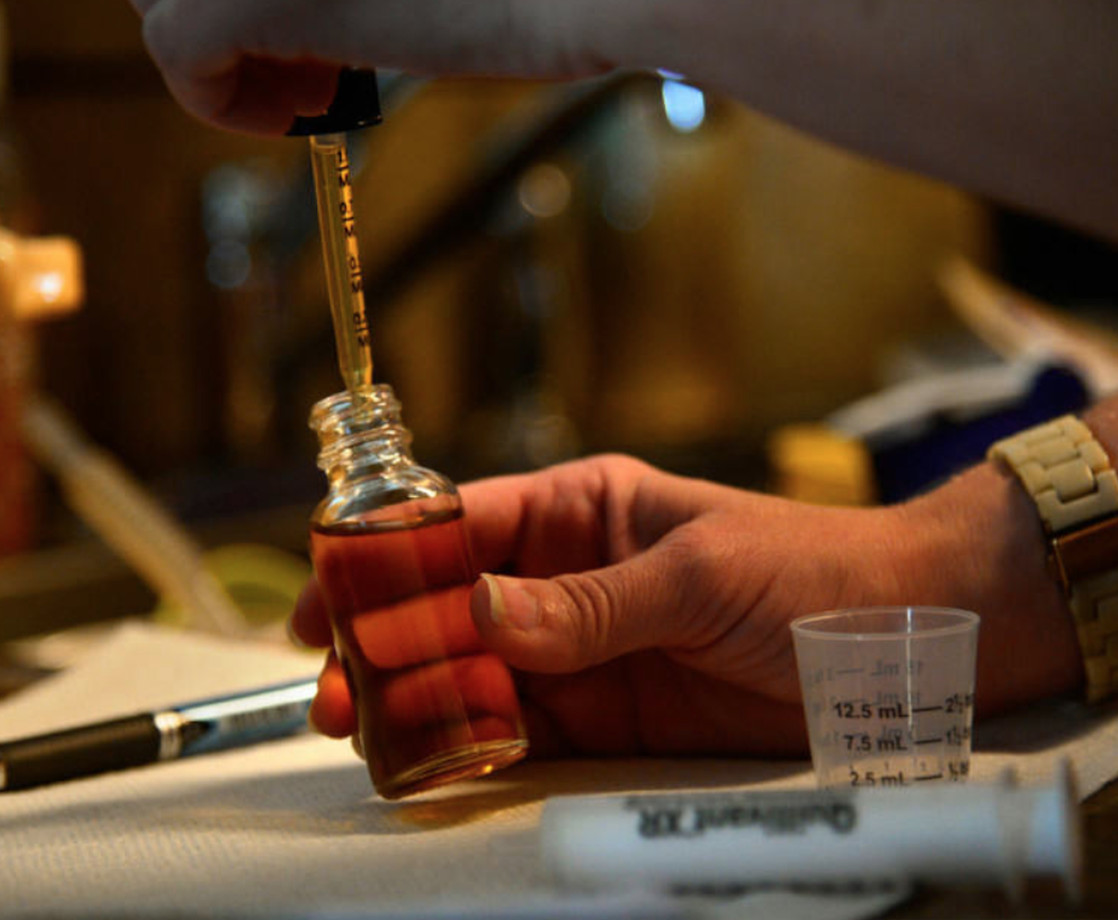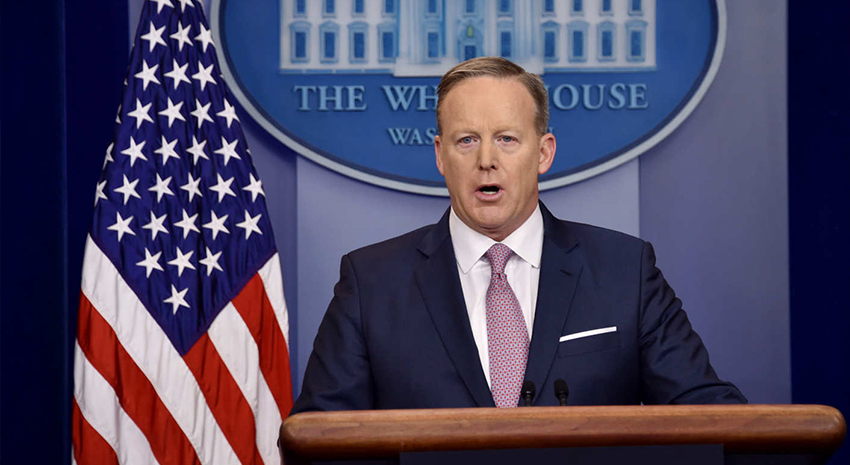According to Alaska Public Media, two members of the Senate Health, Education, Labor, and Pensions committee sent a letter to the White House this week asking President Trump to follow through on his promises to treat the opioid epidemic as a national emergency. The four-page letter, penned by Massachusetts Senator Elizabeth Warren and Alaskan Senator Lisa Murkowski, urges that “federal, state, and local governments must act boldly to combat this growing crisis.”
In the letter, the Senators report that an estimated 2.6 million Americans are currently addicted to opioids, and an average of 91 people die from opioid overdoses every single day. The letter also cites “a 2016 report by the Surgeon General [that] found that only one in ten people in need of specialty addiction treatment are actually able receive it.” Six states, including Alaska and Massachusetts, have individually declared health emergencies due to these alarming conditions.
Murkowski and Warren noted that President Trump told the media that he would declare a national emergency to combat this health crisis, but has failed to do so. “The opioid crisis is an emergency, and I’m saying officially right now it is an emergency, it’s a national emergency,” Trump told reporters in August. “We’re going to draw it up and we’re going to make it a national emergency. We’re going to spend a lot of time, a lot of effort and a lot of money on the opioid crisis.”
The Senators wrote that they “are extremely concerned that 63 days after your statement you have yet to take the necessary steps to declare a national emergency on opioids, nor have you made any proposals to significantly increase funding to combat the epidemic.” The letter also notes that Trump's own Commission on Combating Drug Addiction and the Opioid Crisis also recommended treating the opioid crisis as a national emergency.
The designation of a national emergency can assist government efforts to mitigate the crisis by unlocking additional funding and potentially allowing regulations that prevent addicts' access to treatment to be waived. In Alaska, first-responders and law enforcement were able to obtain thousands of doses of overdose-reversing drug nalaxone after Governor Bill Walker declared the opioid crisis a health emergency. The emergency designation also allowed the state to pursue federal grants for addiction treatment centers.











